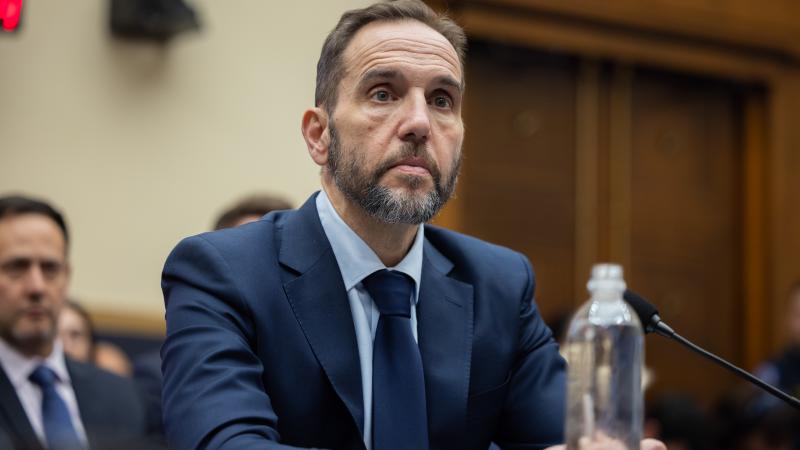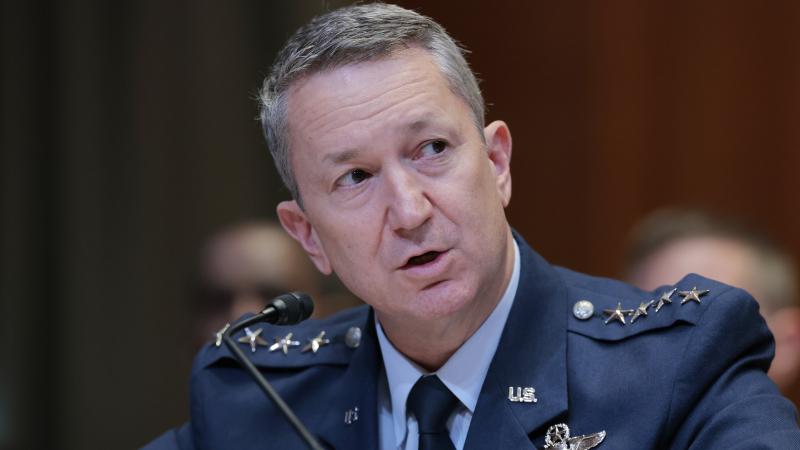Roberts in annual report says judges must do better to avoid financial conflicts of interests
Federal judges, Supreme Court justices are required under a federal law to recuse themselves from cases in which they have personal financial interest
Supreme Court Chief Justice John Roberts says in this year's annual report on the high court that the federal judiciary must do more to ensure judges don't participate in cases in which they have financial conflicts of interest.
In the nine-page report released Friday evening, Roberts focused on a series of recent Wall Street Journal stories that found from 2010 to 2018, "131 federal judges participated in a total of 685 matters involving companies in which they or their families owned shares of stock."
Federal judges and Supreme Court justices are required under a federal ethics law to recuse themselves from cases in which they have a personal financial interest, according to the Associated Press.
"Let me be crystal clear: the Judiciary takes this matter seriously," Roberts wrote. "We expect judges to adhere to the highest standards, and those judges violated an ethics rule."
Roberts is one of three justices on the nine-member court who hold individual stocks. The others are Justices Stephen Breyer and Samuel Alito.
In cases involving the three justice, each claimed they had no know of having stocks related to that were connected to high court cases.
In 2016, Roberts heard arguments in a case but discovered after the arguments that he held more than 1,200 shares of stock in a parent company of one of the parties. He notified the parties that he would not continue to participate in the case.
In 2015, Breyer participated in a high-profile energy case involving a subsidiary of Wisconsin-based Johnson Controls Inc., after a check by his office failed to discover his wife owned stock in Johnson Controls.
Alito took part in a case roughly 13 years ago involving ABC Inc. and other networks, despite owning roughly $2,000 of stock in ABC’s parent, Walt Disney Co. In the 5-4 decision, he voted with the majority and against ABC’s interests. Alito later said his participation was an oversight, the wire service also reports.
Beyond those more high-profile instances identified by The Journal, Roberts also pointed out, the paper found no other conflicts impacting the judges' actions in cases, And he pointed out such conflicts were identified in "less than three hundredths of one percent of the 2.5 million civil cases filed in the district courts in the nine years included in the study," a 99.97% compliance rate.













